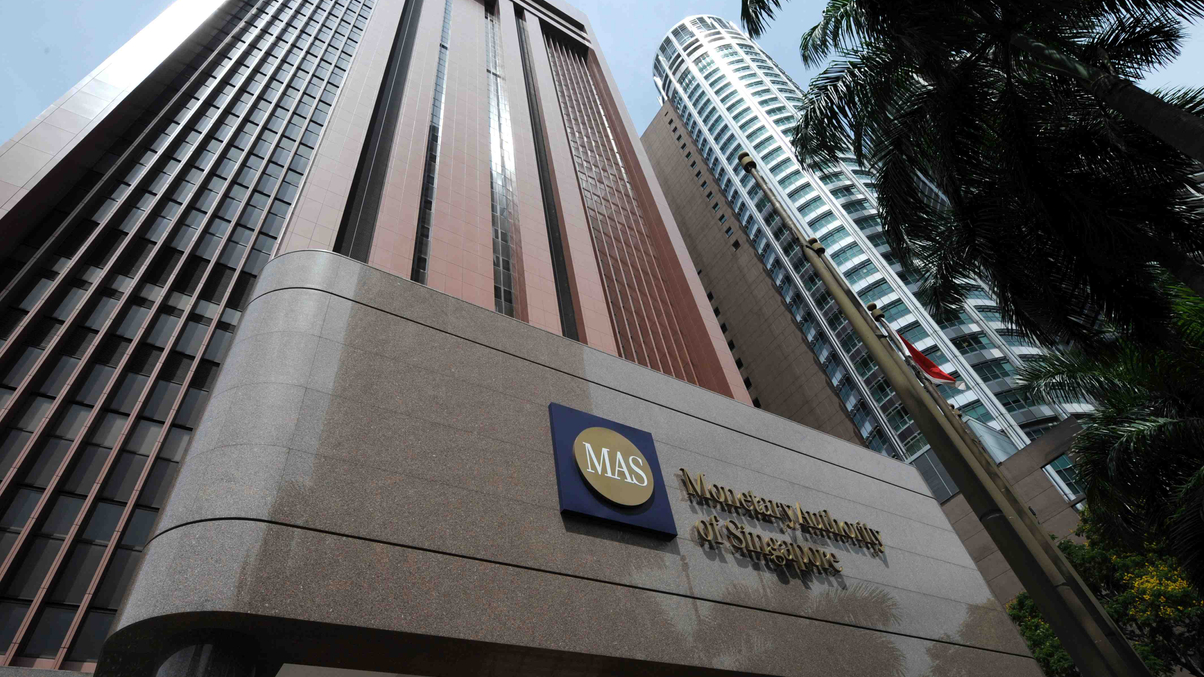Why MAS did not sign ARFP deal: exclusive
Singapore’s regulatory authority has issued a clarification to AsianInvestor explaining why it chose not to sign the Statement of Understanding for the planned fund passport scheme.

Singapore’s central bank and financial regulatory authority, MAS, has explained to AsianInvestor why it declined to sign up to the pending Asia Region Funds Passport (ARFP) scheme.
Sign in to read on!
Registered users get 2 free articles in 30 days.
Subscribers have full unlimited access to AsianInvestor
Not signed up? New users get 2 free articles per month, plus a 7-day unlimited free trial.
¬ Haymarket Media Limited. All rights reserved.


